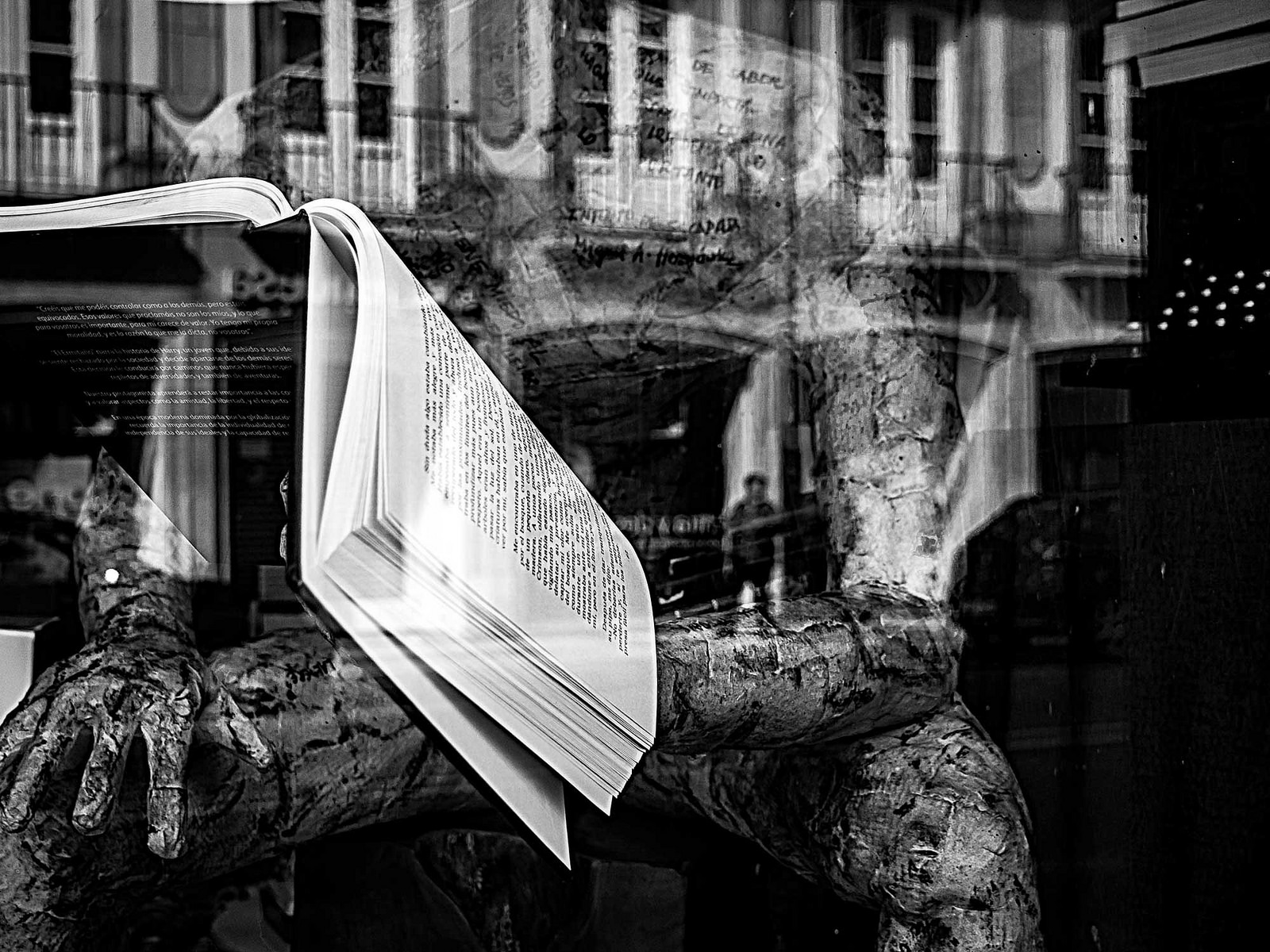The Premise of Education….What’s Missing?
What appears to be the premise, or purpose, of education in the NLG’s view? Are there other valid purposes of education that might productively be considered?
The New London Group (NLG) article A Pedagogy of Multiliteracies: Designing Social Futures suggests that education goes beyond ensuring students are successful at reading and writing but produces citizens who are able to participate in the many facets of society. The authors suggest that a well-rounded citizen must be able to function within the “public, community, and economic life”. Ultimately advocating that the social aspect of life will create a thriving individual. To accomplish this, the NLG has determined that educators must approach teaching with the social development in mind. With the emphasis on the social self, a question arises: how does education assist the personal or reflective self? Without the development of the personal or reflective self, how can a student find success within these social realms?
The work on reflective educational theories has been significantly influenced by the writing of both John Dewey and Donald Schön. Dewey, in particular, argued that reflective thinking was a purposeful action. He suggested reflection was not to ponder the past but to provide guidance for the future. In 1933, Dewey suggested that an “active, persistent and careful consideration of any belief or supposed form of knowledge in the light of the grounds that support it, and further conclusions to which it leads… it includes a conscious and voluntary effort to establish belief upon a firm basis of evidence and rationality”. By teaching the reflective process to students they are able to reflect on an issue or complex problem and then ask what must or could be done to remediate this issue. Therefore, I believe by including Dewey’s reflective process in the NGL’s premise of education, the student would be able to function within the public and community aspects more successfully.
With regards to the aspect of the economic life, Schön examined the use of the reflection practice in the professional context. In his book, The Reflective Practitioner: How Professionals Think in Action, he examines how “reflection-in-action” and “reflection-on-action” is not passive but part of the active thought process and is necessary to result in success within the social context of the economic life the NLG was discussing. Reflection-in-action requires the professional to be able to think on their feet and determine the next best course of action. Reflection-on-action requires the professional to reflect on what has happened and determine what they would do differently in the future. Schön’s work within the economic life of the individual creates an increasingly well-rounded professional as they remove the emotion out of decisions and creates clearer thinking.
In a follow-up article, Multiliteracies: New Literacies, New Learning, two of the original authors from the NLG examine findings from the past 15 years. In this 2009 journal article, Cope and Kalantzis recommends educators embrace a change in their “pedagogical repertoire” and to incorporate an increasingly reflective multiliterate environment for students. The authors suggest several ways to achieve this: reflection on new experiences, reflection on past experiences, conceptualizing theory as well as critically applying concepts.
Both Dewey and Schön’s work contradict NLG’s theory that education goes beyond creating “the potential for building learning conditions leading to full and equitable social participation”. Rather, the theorists argue that development of the personal or reflective individual will lead to the betterment of the individual within the “public, community, and economic life”. Ultimately, education is an internal process.
WORD COUNT: 581
Resources:
Kalantzis, M. & Cope, B. (2009). Multiliteracies: New literacies, new learning. Pedagogies: An International Journal4(3), pp. 164-193.
Libro. (2014). [Photograph]. Retrieved from https://www.flickr.com/photos/bryonia/14087883810/in/photolist-nsU63s-gzrTrT-7o7rbj-6v617K-5qU9f1-8Lvw4C-z7ybg-FL8Au-atDhra-3TeZzJ-9iYUk6-hhoqrm-6viu1Q-obZoDP-6gS1Gj-8SXwru-4mmRoW-bnHj6P-9gui8Q-cjE2iy-r1UMt-bC7aP8-8ttasM-8LjkPG-gbaZf-cwY6Vm-7n7ZBM-7Ccb6m-4nCFwQ-6dP82g-5skhJL-KLEdY-8d56tx-6d7sgA-vmGMH-qJ9hm-EeUAW-9pUK5t-nx8gai-p5toss-s83WQW-7Cr6Hx-af3Ksc-BJBDU-Lsuiq-dtaDDj-7Btwq3-8HXGku-cUkV9-aHen5
The New London Group. (1996). A Pedagogy of multiliteracies: Designing social futures. Harvard Educational Review 66(1), pp. 60-92.
University of Worchester. (n.d.). Academic development and practice unit: Reflection & education theory. Retrieved from http://www.worc.ac.uk/edu/staffguides.htm

